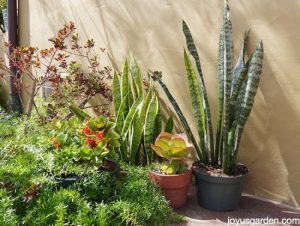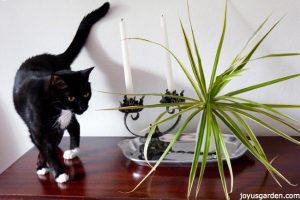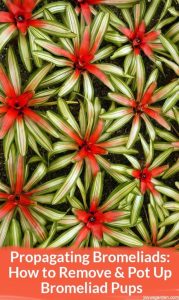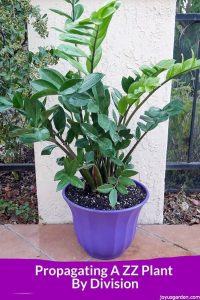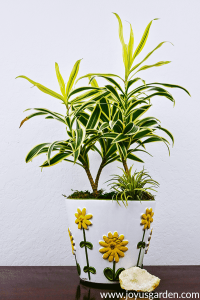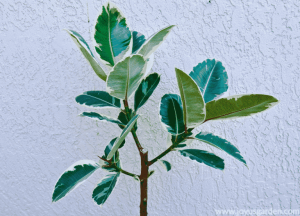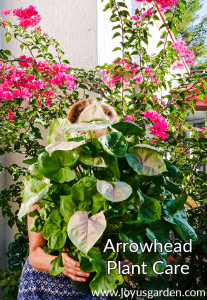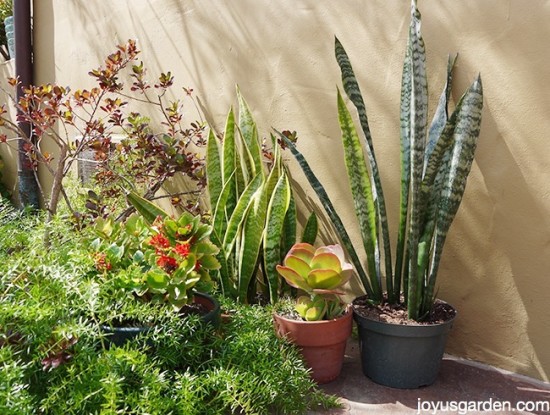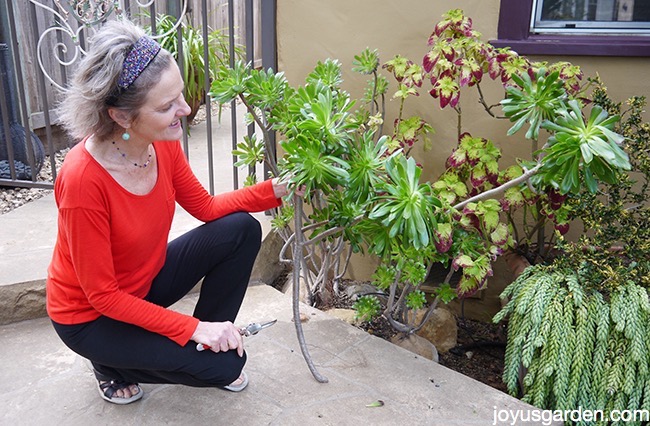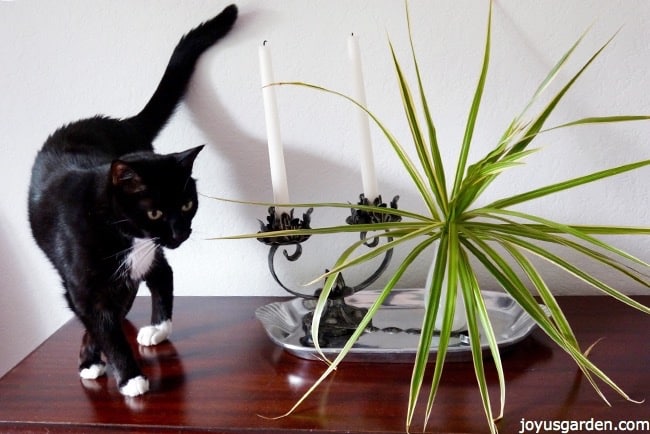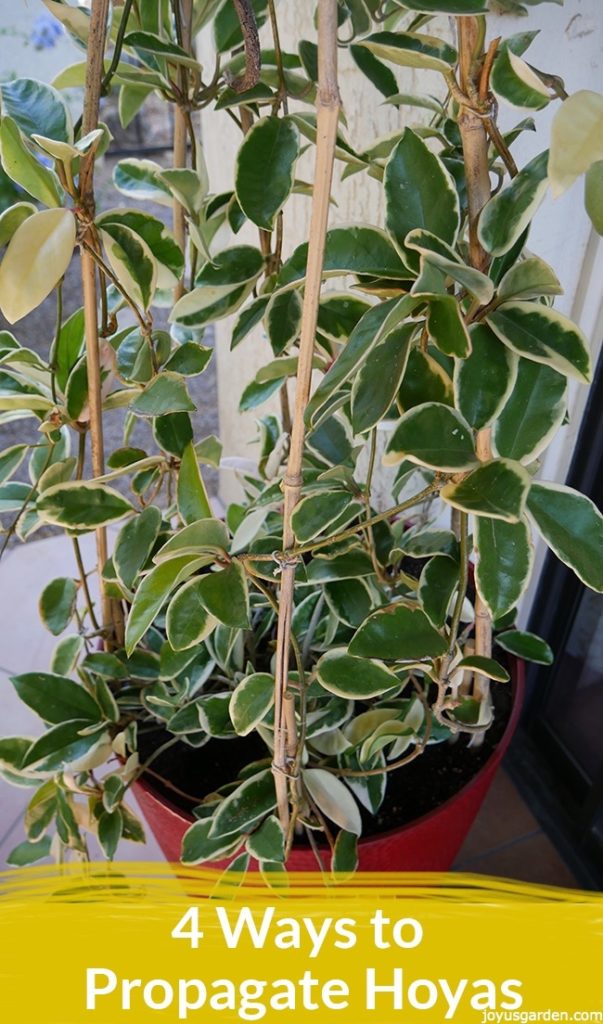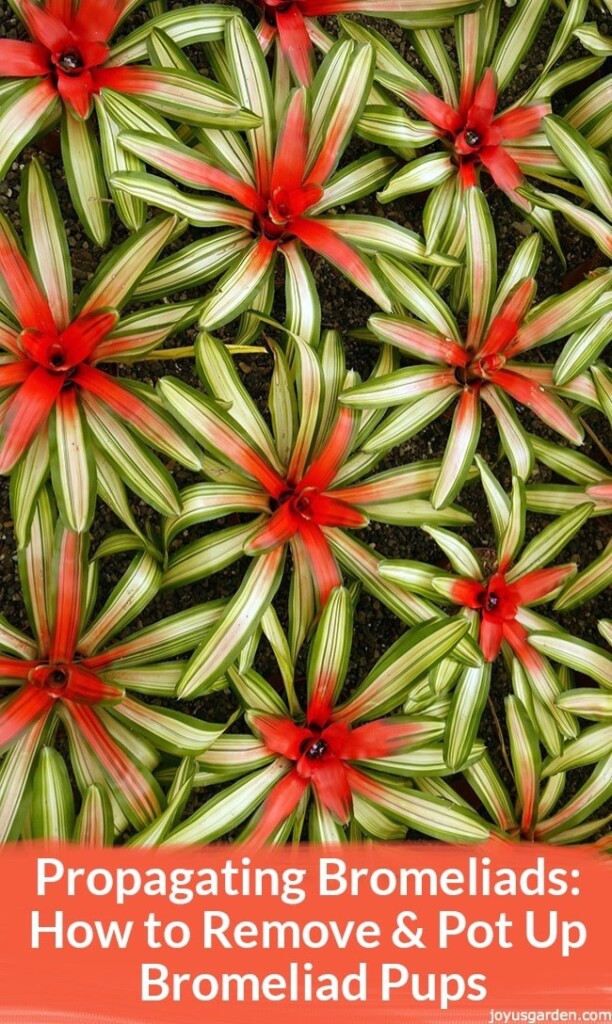Poinsettias are a holiday season staple for many homes. They brighten any room they’re placed in and their festive colors add to the Christmas cheer. If you’d like to learn a few tips on choosing the best poinsettia to last through the holiday season, you’ve come to the right place.
MY LATEST VIDEO
Poinsettia plants are grown in abundance in preparation for the Christmas season and many garden centers and even grocery stores sell them during the holiday season.
These tips will help you pick out a beautiful plant that’ll last much longer than the two weeks leading up to Christmas!
Note: This post was published on 12/7/2019. It was updated on 11/16/2022 with more information & tips.
Table of Contents
Tips For Choosing The Best Poinsettia This Holiday Season
Check The Flowers
Many plant buyers confuse the bracts (leaves) for the poinsettia flowers. The true flower can be found by checking the center and looking for the yellow color. The yellow in the center indicates that the flower is nice and fresh. Keep in mind, the center of the actual flowers shouldn’t be fully open either.
The poinsettia leaves which some people think are flower petals are called bracts. How the flowers should look when you buy them is best explained by reading the captions below these 2 photos.
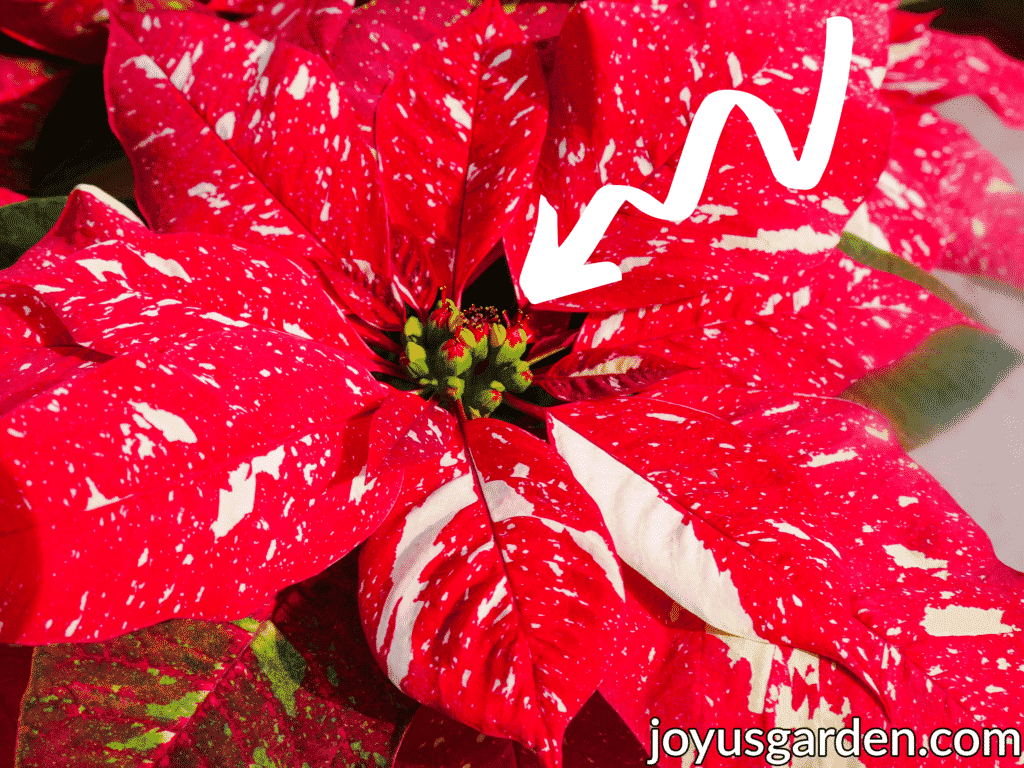
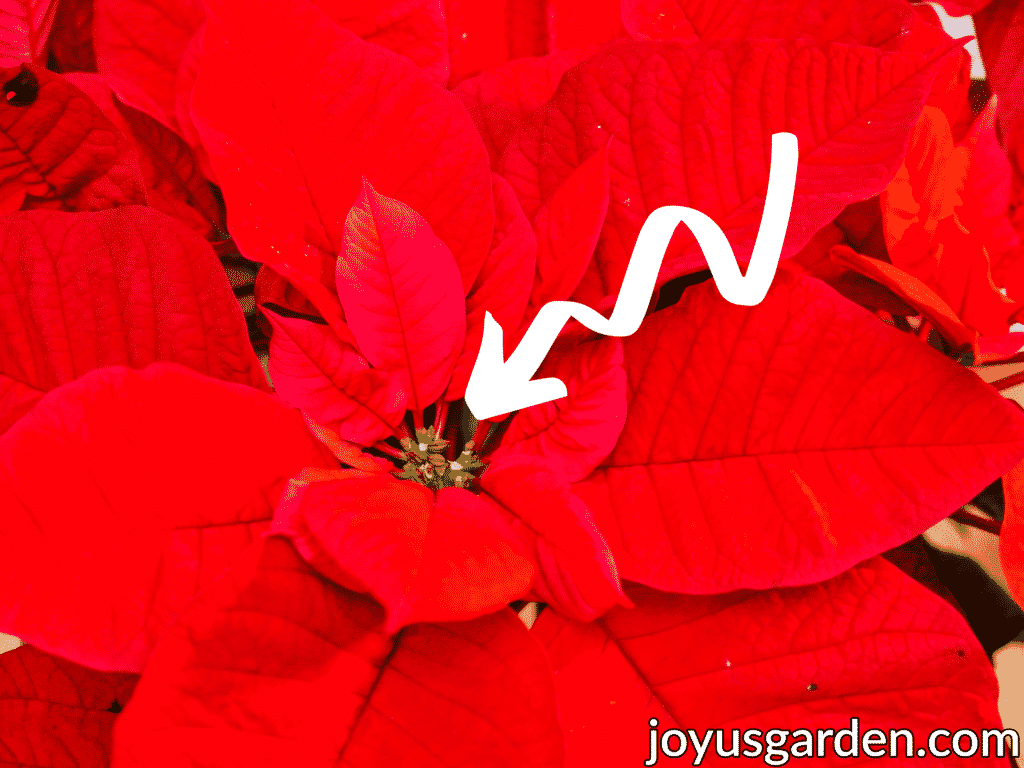
Check The Leaves
Speaking of poinsettia leaves, the Poinsettias should have a plentiful amount. If you see a bunch of leaves on the surface of the soil, it could have been overwatered, underwater or exposed to cold temperatures at some point.
Also, look out for any yellow leaves. It’s normal for the plant to have a few yellow leaves every now and then. In fact, the lower ones typically turn yellow, dry up and fall off as part of the normal growth cycle of a poinsettia because they are deciduous.
However, too many yellow leaves on the plant when you buy it could mean it’s stressed.
Have more questions about caring for Poinsettias? Here we answer the most common questions about Poinsettias.
Look At The Stems
When purchasing a poinsettia, you want to check the number of flower stems. You want as many stems as possible. This way, you’ll get a nice, full poinsettia.
Get up close and personal with the plant you’re looking to buy. Don’t be shy! This way, you can also see the indications for a fresher flower.
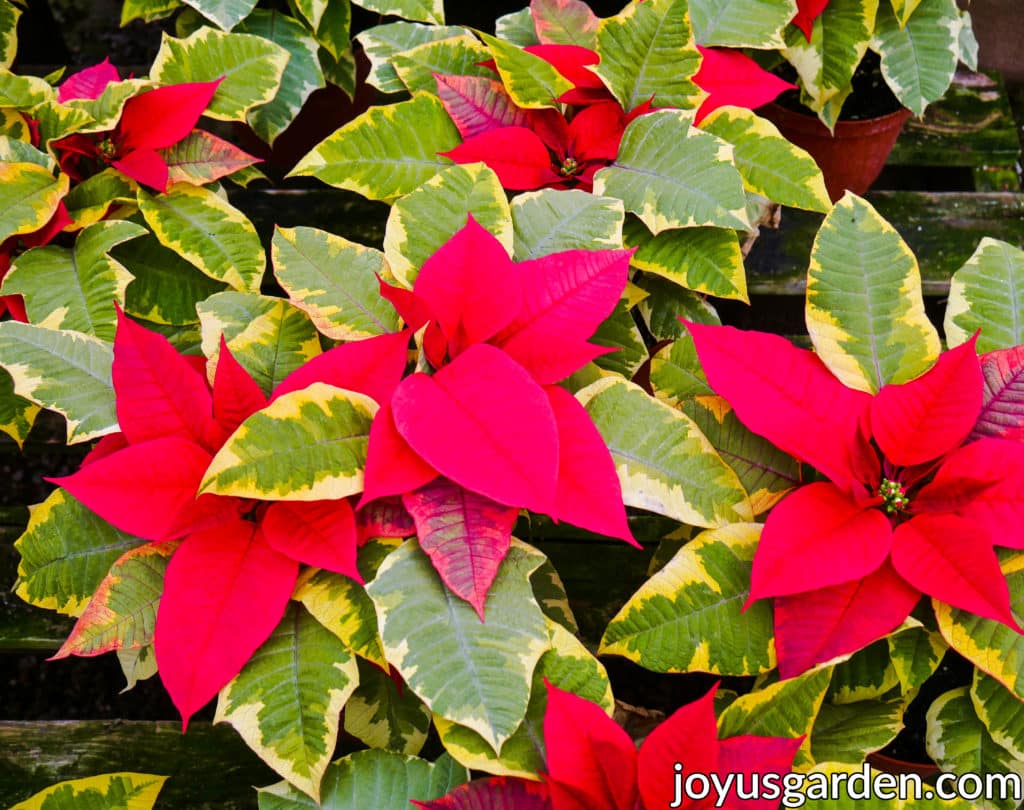
Avoid Broken Stems Or Leaves
Broken stems and leaves can compromise the form or shape of the poinsettia too. They’re often displayed on nursery and store shelves very close together so it’s hard to see the form if you don’t pick it up and give it a look.
If the stems are broken, it usually means that the plant was damaged during transportation or while being stocked and waiting for purchase at the store.
Sleeve Or Foil Wrapping
Sometimes, the stores will have the poinsettias wrapped in a plastic sleeve or foil on the lower part of the plant. See if you can remove this wrapping, and then check that part of the plant for mildew.
Sometimes, the lower leaves will have powdery mildew, especially when they’re stored tightly in delivery trucks or on the display shelves.
We’ve also done posts on Holiday Plants For Christmas and Blooming Christmas Plants that you might want to check out. All with images!
Look For A Full Looking Plant
Turn the plant around in a full circle to determine how full it looks. Poinsettias are ornamental plants after all. You want them to look as festive from all sides as possible. Even if they’re just going to be short-day plants that you put on on Christmas Eve or Christmas Day you want a good-looking, healthy plant.
The idea is to select a plant with a good amount of foliage or some new growth. Poinsettias are a deciduous plant, so their leaves will fall off after they’ve reached full bloom. In other words, the more foliage the plant has, the longer it should last.
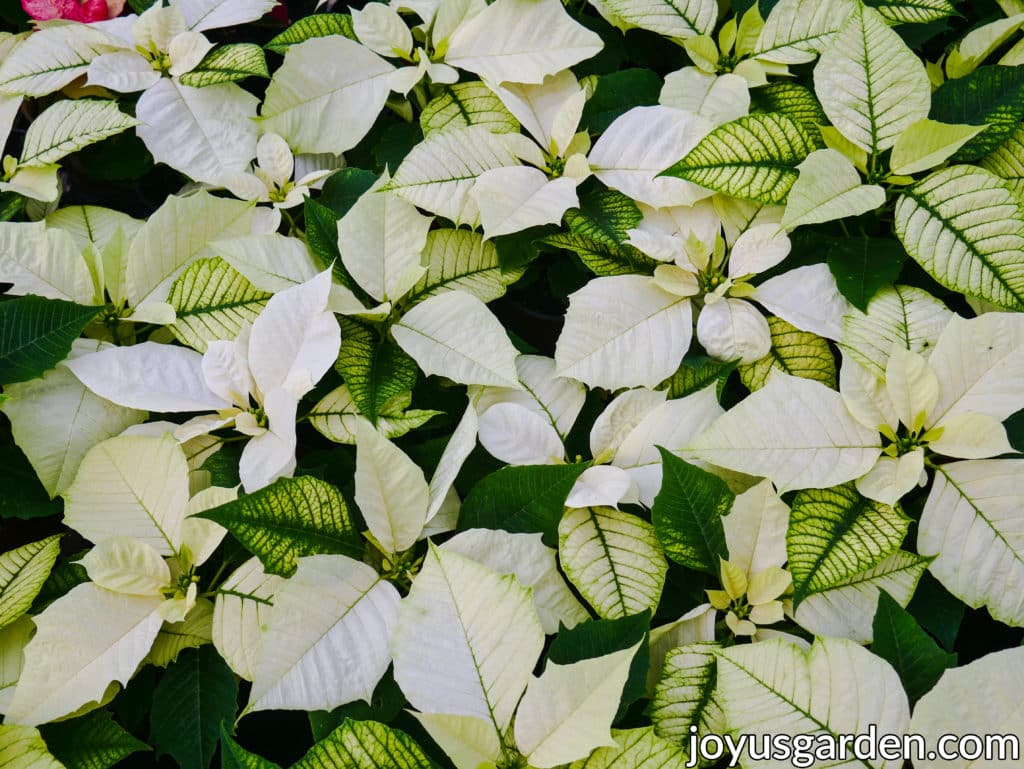
Make Sure The plant Isn’t Too Wet Or Too Dry
Many times, these plants are overwatered or underwatered. Some poinsettias leave the grower’s greenhouses really wet and this excess water can cause root rot. Check the bottom of the pot to see if it’s overly soaked.
On the other hand, they may not be getting enough water once they reach the store or garden center and this will cause the leaves to yellow, curl, and fall off.
The powdery mildew mentioned above indicates a damp plant, while too many yellow leaves can indicate a dry plant.
Christmas Cactus are also popular holiday plants! Here are some care guides, Christmas Cactus Care, Answering Your Questions About Christmas Cactus, How To Propagate Christmas Cactus, How To Get Your Christmas Cactus To Bloom Again
Buy From A Reliable, Local Source If Possible
I purchased my Poinsettias from Green Things Nursery (pictured below) here in Tucson. I know it’s not always possible to buy locally, but if you can, you should. Poinsettias get shipped all across the United States and can be damaged during transport.
Local growers grow onsite in greenhouses, which helps them get the proper care they need to stay fresh. Plus, the only transport they’ll need is you taking them home.
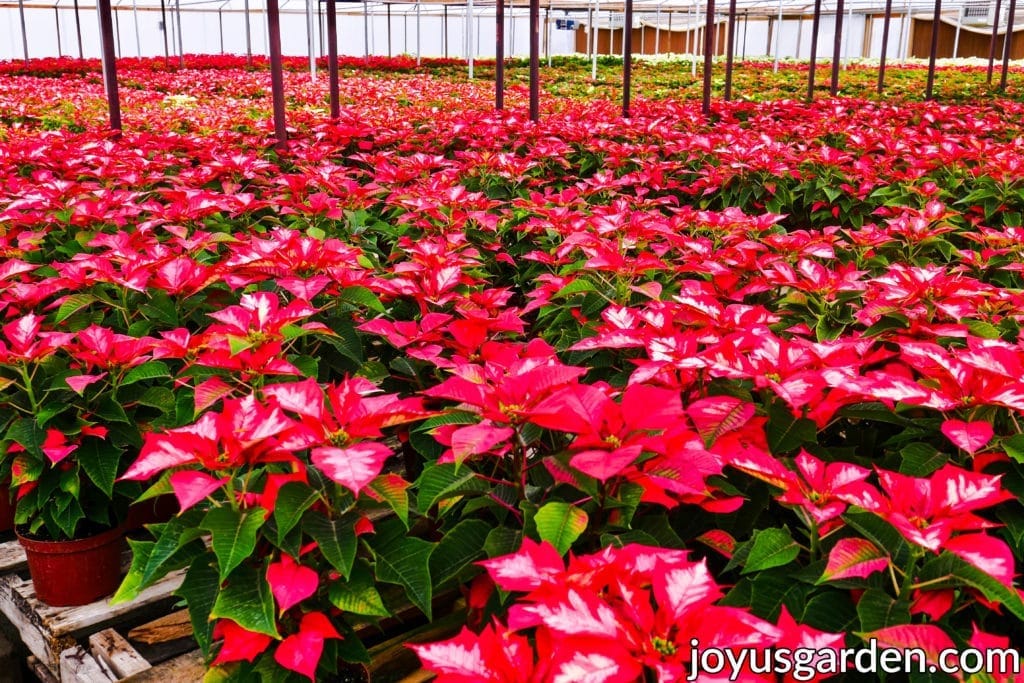
Rows & rows of gorgeous poinsettias in the growers’ greenhouse.
Poinsettia Care Tips
The next thing to do after you pick the perfect poinsettia plant is to take good care of it. These are the 3 most important things to know to keep your poinsettia looking lovely all season long.
Exposure
Keep your poinsettia in bright light, near but not in a sunny window is best. I live in Arizona so my poinsettias get a fair amount of exposure to the filtered sun, even indoors near a window.
I will also rotate the plant so I can make sure it’s getting enough light all the way around. Your plant will last longer if it’s in bright, natural light.
Watering
Poinsettias (Euphorbia pulcherrima) are Succulents but many buyers don’t know that. They like to be kept a little bit moister during their bloom cycle than say a jade plant or aloe vera. You have to find the balance between not being too wet and not too dry.
Here is what I do: I remove the plant from the foil that you typically see poinsettias sold in or a decorative container. I water the plant thoroughly in the sink and let all the water drain out. When the water is done draining out, I place the plant back in the foil.
Last year, I had my Poinsettia Ice Punch for about 7 weeks. In that amount of time, I only watered it 3 or 4 times.
Yes, you can overwater a poinsettia. Make sure that none of the water sits in the foil and/or saucer. The water that sits in the bottom of the saucer or the foil could cause root rot.
Looking for more on Poinsettias? Check out our Poinsettias FAQs
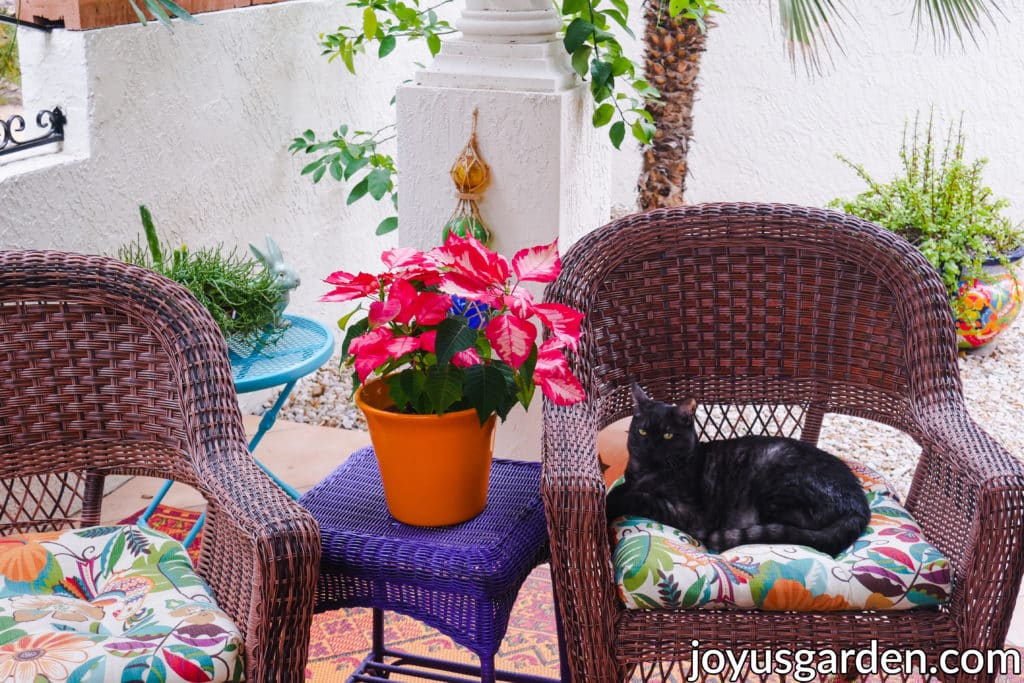
Temperature
The room temperature of my home typically stays at 70 degrees during the day. The nighttime temperature is around 65 degrees. This is a temperature range my poinsettias have enjoyed indoors. Even though poinsettias are tropical plants they have adapted well to being grown in our homes.
Keep your poinsettia away from areas in the home that may have cold drafts. I know many of you may want to display that gorgeous foliage near the front foyer of your home, but if you’re opening and closing the front door frequently, the cold temperatures can make the plant look droopy.
The same thing can happen with heat. Don’t keep the plant on a radiator or near a vent. The heat will definitely dry it out.
Leaves
This has nothing to do with buying or care but I want to explain why most people don’t keep their poinsettias as houseplants after the holidays. As mentioned earlier, your poinsettia will eventually experience leaf drop because it’s a deciduous plant.
The colorful canopy on top can prevent the lower leaves from getting enough exposure. It shades out the lower growth, so naturally, those leaves will fall off. The colored bracts will eventually fall off too.
Here’s a more comprehensive guide to Poinsettia Care. It covers 6 tips on keeping yours healthy all holiday season and even longer.
Poinsettia Plant FAQs
We have more on Christmas Decor and DIY Crafts: Christmas Succulent Arrangements, Homemade Christmas Decorations Using Fruits & Spices, 2 Easy Last Minute Christmas Centerpieces, 3 Easy DIY Ornaments
This is a favorite plant of ours to decorate with during this season. We love the bright colors and can’t resist getting a new poinsettia or two every year. With all the different varieties that are on the market, we hope you find a colorful plant that adds some festive cheer to your home.
Merry Christmas!



